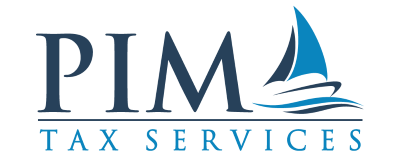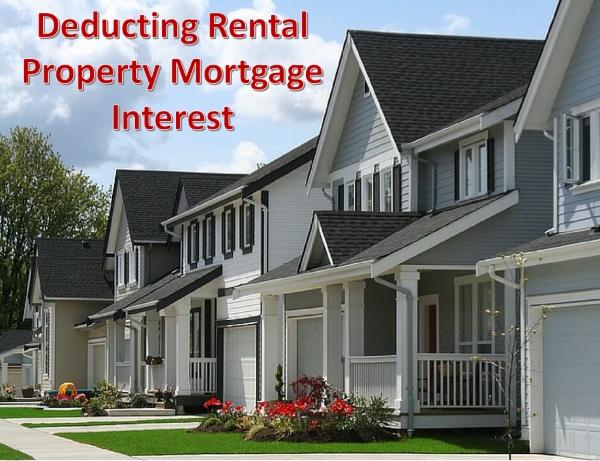I do free reviews of individual income tax returns. Two couples took me up on this last week, and my perfect record remains intact. When it comes to rental properties I have found amendable errors on 100% of the tax returns I have reviewed. (It’s baseball season, so I guess we should say I am batting 1,000 at finding mistakes on Schedule E.)
These couples didn’t know each other (still don’t), but there were some unusual similarities in their tax returns. Both involved residential rental properties. Both of their tax returns had the same, somewhat uncommon error, that I don’t see too often. And, this error was costing both of these hard working, tax paying couples some money.
Their mistake? Both of them were deducting the mortgage interest for the rental property on schedule A (as an itemized deduction) instead of schedule E (as a deductible expense of the rental business).
Can’t You Just Deduct Rental Property Mortgage Interest on Schedule A?
The short answer to this question is “no”. In order to deduct mortgage interest on Schedule A the mortgaged property must be a qualifying main home or second home. The IRS defines these terms on page 4 of Pub 936.
Main home. You can have only one main home at any one time. This is the home where you ordinarily live most of the time.
Second home. A second home is a home that you choose to treat as your second home.
Second home not rented out. If you have a second home that you do not hold out for rent or resale to others at any time during the year, you can treat it as a qualified home. You do not have to use the home during the year.
Second home rented out. If you have a second home and rent it out part of the year, you also must use it as a home during the year for it to be a qualified home. You must use this home more than 14 days or more than 10% of the number of days during the year that the home is rented at a fair rental, whichever is longer. If you do not use the home long enough, it is considered rental property and not a second home. [emphasis mine]
Essentially, unless you are also using the rented home for personal use, it is not a qualified home, and you cannot deduct the mortgage interest for it on schedule A. But, that’s OK, because it may be more advantageous to you to deduct it on schedule E anyway.
Why is it Usually More Advantageous to Deduct the Mortgage Interest on Schedule E?
The short answer is because deducting the mortgage interest on schedule E lowers your adjusted gross income (AGI). For tax purposes it is usually better to have a lower AGI than it is to have higher itemized deductions on Schedule A.
Married couples filing jointly start to lose significant tax benefits when their (modified) adjusted gross income gets over $100,000. (Taxpayers with different filing statuses lose these tax benefits at different thresholds.) Of note, the Child Tax Credit and Lifetime Learning Credit start to phase out at $110,000, the Student Loan Interest Deduction starts to phase out at $130,000, and the American Opportunity credit starts to phase out at $160,000.
If your income falls into that range, then you want to lower your adjusted gross income to qualify for as many (and as much) of these tax benefits as possible. If you claim the mortgage interest deduction for your rental property on Schedule A it comes off your taxes well after your AGI has been calculated. If you deduct it as an expense on schedule E, then it lowers your AGI, and can increase the value of the tax benefits listed above.
That is exactly the case for the two clients I saw last week. One client was able to get a larger Child Tax Credit once we moved the mortgage interest deduction from Schedule A to Schedule E, netting over $300 of additional tax refund. The other client was able to get maximum value for the American Opportunity Credit, which netted them about $425 in additional tax refunds.
What If Your Rental Property IS a Qualified Home?
If you used your rental property during the year and it is a qualified home, it might be more advantageous to deduct the mortgage interest on Schedule A. This would only be if all of the following are true:
a. You don’t qualify for any of the previously mentioned tax credits
b. The rental property is losing money (after depreciation)
c. You make too much to deduct passive (i.e. rental) losses (AGI of about $150,000 for MFJ couples)
That’s a narrowly defined set of criteria, but there are taxpayers in that situation. If that is your situation, then you may want to deduct the mortgage interest for the rental property on Schedule A so you can get some tax benefit for it in the current year.
Taxes are complex, and I have just hit the high points on this topic. There are quite a few variables, and each situation is unique. It might be worth your while to have a tax professional give you a hand. I review tax returns for free, so if you’d like me to take a look at yours, just give me a call to set up a time.


